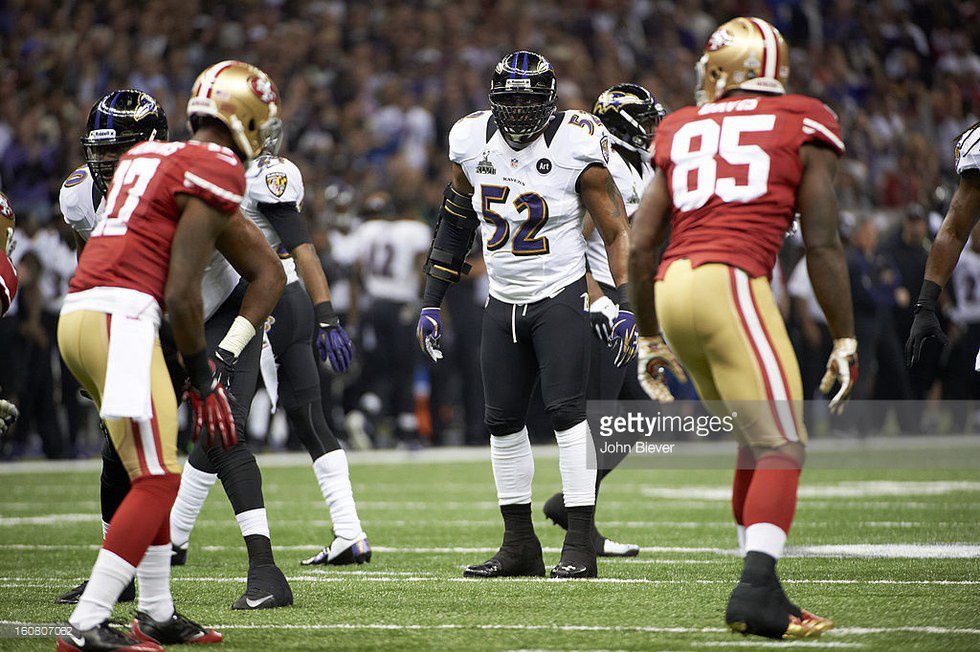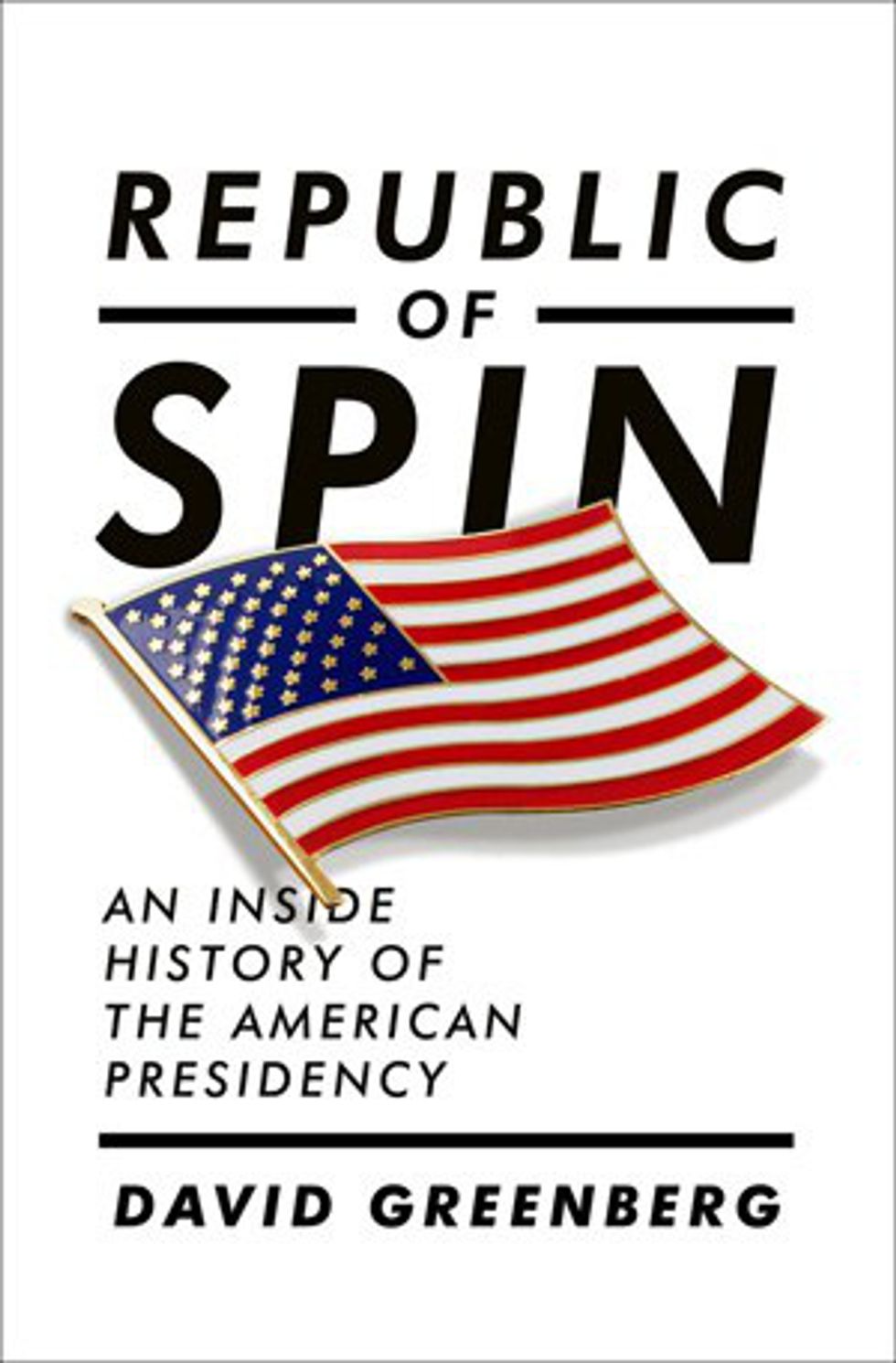In today’s politics, most people argue that a candidate comes before the party. This is a theme that goes all the way back to the beginning of the 20th century. But at the same time, candidates align themselves with the overarching themes of their party going into the election. By doing so, the candidates have the best bet in unifying the party. For instance, the National Republican Party Platform would like to drive a federal government that decreases federal government economic regulations.
On the other side, Democrats argue that their regulations have improved the economy and job market. They propose a future of continued regulation to keep “fraudulent” big banks at bay. If you wanted to learn more about this Democratic initiative, head to the New York Post because President Obama and Senator Elizabeth Warren of Massachusetts spoke on this issue over the weekend.
But are we really judging candidates on these beliefs or is there something more? Maybe we are judging candidates on their beliefs but we are paying closer attention to the team we want to be on.
How do you choose a team?
You choose a team based on information — information that you choose to pay attention to. A team may be selected based on an admirable characteristic of a candidate or a 30-second video clip you listened to. Your rationale of one candidate over another could be as simple as reading an article or listening in to news coverage. But whoever you choose, the other team, or the other candidate, has got to go down.
For those that tune into a sports game that know neither the dynamics of the game nor the teams and players participating in the event, you can relate to my metaphor. I’ll give you the perfect personal example.
During Super Bowl XLVII I wanted the Baltimore Ravens to win over the Francisco 49ers because it was Ray Lewis’s last chance to win another ring before retiring. Lewis has been qualified by many sports commentators and football aficionados to be one of the best middle linebackers to ever play the game. I didn’t know a thing about the Baltimore Ravens beyond the little I knew about Ray Lewis. But it didn’t matter — They were the team I wanted to win. The 49ers and all their fans were my enemy from kick off until the last play was snapped.
As a people, we welcome the competition between the Democrats and Republicans at the same time that we complain about it. It provides a thrill, a means to be angry for the wrongs in our lives. Talking about politics and pointing a finger is often as entertaining and interactive as going to a sports game. And yet, the presidency is considered by many to be the position in government that should be above party politics and corruption.
Professor David Greenberg of Rutgers University recently published a book detailing the conceptions of presidential “spin” from Theodore Roosevelt to President Obama. The books title is "The Republic of Spin: An Inside Look at the American Presidency." Alongside this chronology, Greenberg examined the masterminds that made “spin” what it is today. In one chapter on T.R. he wrote, “Congressmen spoke for clamorous regional constituencies; the president alone could rise above particular interests to distill and promote what served the nation.” Arguing that candidates were a relief to the political machines of the 19th century, singular candidates were to be the voice of the people. But the real issue isn’t whether candidates are just the best representations of their parties. What really is in question is whether we create our opinions based on a few pieces of information or if we understand the consequences of our vote.
The truth is most of us aren’t ready yet to make an informed, responsible decision. And it’s not because our generation isn’t knowledgeable or independent or disinterested. It is rather that we don’t yet understand the way the world works. We have to find our place in the world, analyze our position based on the place we find ourselves in, and decide on who is the better choice (there is never anyone that will address, in full, our concerns) based on their voiced policies.
And when I say most, I mean most. This piece is not meant to make people feel bad or generate backlash from a sensitive few who feel the need to “fight for a cause.” The purpose of this article is an attempt to make more sense of the political landscape of the 2016 election. We may find that a sports metaphor is the best way to quickly sum up the comments heard at the dinner table, amongst friends and colleagues, and better yet, the headlines of the daily newspaper, online blogs, and broadcasting station.
By the end of this article I believe I have reached my goal because if I asked you this question, I don’t believe you would be able to answer it. So let’s turn the question on you, who are you voting for on November 8?






 Today I am
Today I am  Go to the gym
StableDiffusion
Go to the gym
StableDiffusion
 Listen to more music
Photo by
Listen to more music
Photo by  Have more patience
StableDiffusion
Have more patience
StableDiffusion














